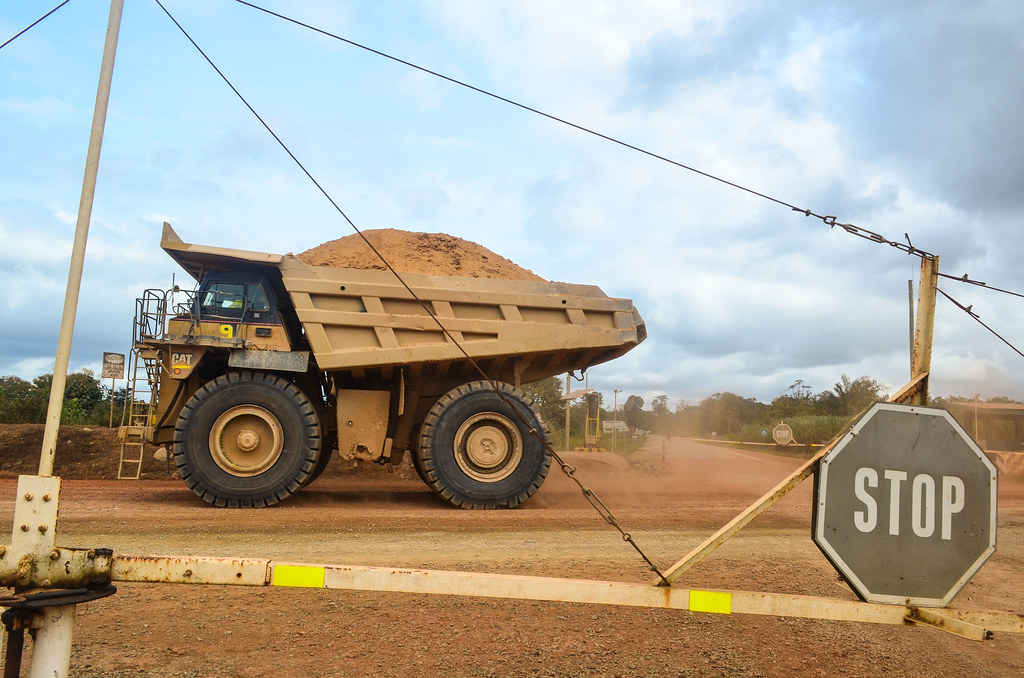
The World Bank’s released the Africa’s Pulse Volume 7, in which it’s Africa Department made some prognostication about Africa’s future. I’d like to share a snippet with you. What does the World Bank have to say about Africa? Here’s a synopsis in the Pulse’s own words:
-
Sub-Saharan African countries maintain growth momentum, as well as progress toward the MDGs
-
Growth has reduced poverty, but not by enough
-
Better governance of mineral revenues, high agricultural prices, the demographic dividend and rapid urbanization represent opportunities for making growth more poverty reducing
This is good news. Like the IMF and other financial institutions, it seems like the current fad is to say Africa is doing well but she could do better if she uses her mineral wealth accrued from the current commodity super-cycle wisely. One thing to note though is that Sub-Saharan Africa is bigger than those countries who have been dubbed resource-rich or resource-intensive by the Bretton Woods Institutions. Thus mineral wealth cannot be the only path to prosperity that should be preached. Do not get me wrong, if these 20 resource-rich countries get the management of their resources and the forthcoming wealth it generates right, that will definitely help the entire region because the resource-rich states make up a large chunk of the region’s economic activity.
The dilemma of the finite
Even so, these natural resources or commodities are not infinite and the forces which are currently contributing to the driving up commodity prices (China and India inclusive) will not forever be doing so. Sooner or later the market will clear and in worst case scenario, there will be surplus which will drive down prices for these resources. This is not a bad thing. Nature tells us that we will have summers (booms) and winders (busts). The idea is not to be Afraid of the busts but to be prepared for them. In keeping with this line of reasoning, there will come a time (earlier for some and farther for others) that what has been described by some as the current commodity super-cycle will tank and prices will fall. Even if this does not transpire, because resources are finite, reserves could get depleted in Sub-Saharan Africa.
When this happens, any nation within the region which has depended solely on the commodities markets or its natural resources alone will be in danger of a financial crisis. What then should resource-rich nations in Sub-Saharan Africa do to circumvent financial crises should the boom turn into a bust or should they run out of resources? One key is diversification. As the old saying goes, a person should not put all their eggs in one basket. African leaders should learn how to translate current wealth into future dividends by properly investing today.
A lesson from Dubai
A little over 50 years ago Dubai was described as a cluster of poor fishing villages. Fast forward 50 years later, it’s an ultra modern city attracting tourists from all over the world and boasting of some of the world’s most sophisticated infrastructure projects. What was the key to this transformation and what can Sub-Saharan Africa learn from Dubai?
Many analysts would say the key was the Oil boom that Dubai rode to fame and wealth but I beg to differ. This definitely played a role but the main key was Leadership. As a former Rector of mine, Professor Stephen Adei himself an amazing transformational servant leader says, “Leadership is cause; everything else is effect”. This is certainly true in the case of Dubai. Many countries have ridden resource commodity booms but have not emerged as Dubai did. What was they difference? Leadership!
Dubai’s leadership realized that the Oil would someday run out and they came up with a strategy that would enable sustained growth and prosperity when the oil ran out. The simple but brilliant plan was to convert the oil wealth into another form of man-made resource that would not get depleted if looked after well. What was this? A tourist industry. They used the oil wealth to convert a cluster of fishing villages into a world class tourist destination—that ended up attracting large sums of foreign investments.
This is what Africa can learn from Dubai—a perspective for the long term. African leader’s with the exception of the Kwame Nkrumah generation have not been known for thinking long term but if Africa excluding North Africa truly desires to benefit from the present sustained growth and also from the commodities super-cycle in a way that they keep reaping even when the boom has turned into a bust, then these leaders must begin to plan long term—moving away from short-sighted policies that do not have an impact on tomorrow’s generation. This is why a lesson from the ant needs to be learned.
What African leaders can learn from the Ants
It is said that ants labor hard all summer, gathering food for the winter. In other words, when they are in a boom season, they do not get tripped up with over-consumption on their current appetites and needs. Why? Because they know that according to the cycle of life winter will surely come when food supply will be in short supply. Thus the ant consumes in such a way that even when there is excess supply, they are mindful of the impending future shortage. Likewise African leaders should have such a perspective towards the current commodities boom. It is good to listen to counsel being proffered from all quarters including from the Bretton Woods institutions. But at the end of the day, it is up to leaders in Sub-Saharan Africa to analyze all the counsel proffered, select the most advantageous and most adaptable to their context, come up with their own home grown policies for sustainable development and spend the current wealth being generated in such a way that when winter arrives, these countries will still have enough to survive on.







i heartily agree. Rwanda, for example, is geographically a very small country so mineral/commodity wealth is not something to rely on. However, it is a densely populated country. comparatively speaking. People are its resource. There is a lot of investment going on in education and IT infrastructure and training, so that the country can uses its bilingual human intelligence to create a service industry. Effective forward thinking in my opinion:-)
WOW! That’some amazing info there about Rwanda that I was not aware off. Kudos to its leadership. Its now my turn to thank you for sharing.